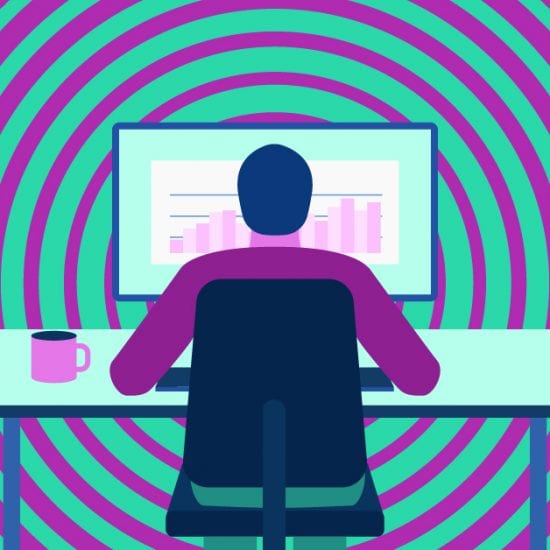Meditation is one of many effective ways to ease symptoms of anxiety.
While there is no perfect substitute for medical care, there are plenty of ways to treat anxiety without ever stepping foot in a doctor’s office. One simple technique that is often suggested by therapists is meditation. Meditation can help calm down anxious thoughts and make feelings of fear or panic more manageable. And a wealth of meditation techniques exist that can be useful specifically for anxiety sufferers. Here are three we suggest:
Deep Breathing
It doesn’t get much simpler than breathing! You do it without even thinking, but when practicing meditative breathing, your breath is the only thing you think about. The idea is to activate your parasympathetic nervous system–the “rest and digest” part, versus the “fight or flight” sympathetic nervous system–and this is done by exhaling for longer than you inhale. To give it a try, sit up straight and take a deep breath in, counting to four as you do so. Then, exhale for a count of six. Repeat this as many times as you need to feel better.
Body Scan
A body scan is like a personal check-in with your body. Either sitting or lying down, close your eyes and mentally scan each part of your body, just to see what’s there. Start at the top of your head and move slowly down to the soles of your feet. The idea isn’t to make changes or decide whether what you experience is good or bad. All you’re doing is exploring. Do you feel any tension? Soreness? Is any part of you particularly relaxed?
Progressive Muscle Relaxation
Progressive Muscle Relaxation takes the body scan to the next level. While lying down, start at the top of your head and begin scanning your body. As you breathe in, tense up the muscles you’re scanning, then relax when you breathe out. Doing this helps you shake off any muscle tension you may already have and is a great way to wind down for bed. If you have trouble sleeping at night, definitely start here!
Meditation can be a wonderful way to help ease symptoms of anxiety, and a long-term practice can keep symptoms manageable. If you’re struggling, however, we highly recommend you seek professional treatment if you’re able. There’s nothing wrong with asking for help when you need it.



